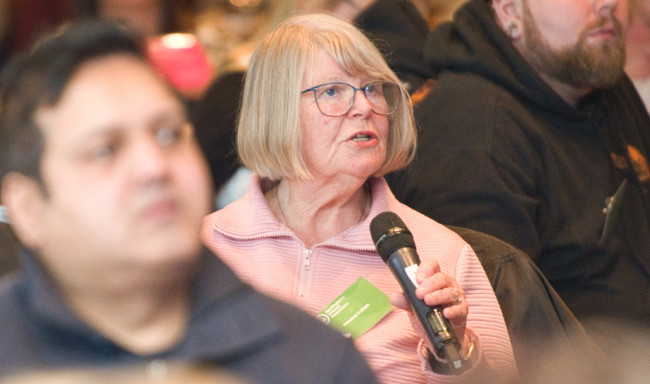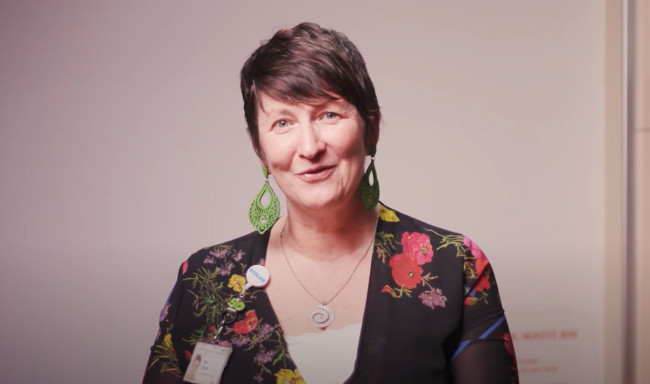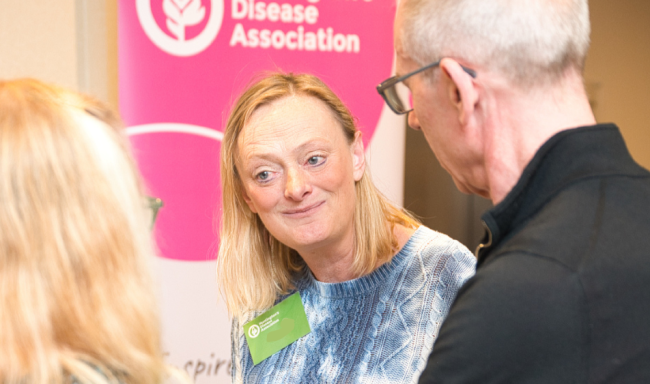Youth Worker, Ian shares how his lived experience and work experience help him to help others.
Just like physical health, mental health requires care and attention to ensure it can work in the best way possible. I think having that understanding has really helped me as a youth worker to see young people as individuals, with different experiences and challenges, requiring an approach tailored towards each individual.
Ian is from West Midlands and is the Huntington’s Disease Association Youth Worker covering Central England and North Wales. Ian’s family has been affected by Huntington’s disease for three generations and he was a family carer for his mum and aunt from the end of his teenage years into his 30s. Ian was able to utilise the Huntington’s Disease Association services for himself and his family which gave him the drive to want to give back to the community.
I received a lot of much-appreciated input and advice from the Specialist Huntington’s Disease Advisers, and I knew then that at some point in my life I would like to work with other families impacted by Huntington’s disease, turning some of the most challenging experiences of my life into a resource that can be used to help others.
Thanks to the National Lottery funding the Huntington’s Disease Association was able to expand the youth service - HDYES. It went from one Youth Worker, covering all of England and Wales to four Youth Workers spread around the country with the addition of a Project Officer running events and activities for young people. This service expansion has meant that many more children and families can get the support they need.
From the moment I share my lived experience of Huntington’s disease, I’m often met with an expression of relief from the parent, and surprise from the young person, usually because I’m the first person they’re meeting who is impacted by Huntington’s, outside of their own family.
Ian has a career background in mental health and teaching functional skills and life skills subjects to students with supported learning needs. He worked as an Independent Mental Health Advocate (IMHA) supporting the rights of those detained under section in hospital and community settings.
As an Independent Mental Health Advocate, I was the voice of people, with the sole purpose of ensuring their voice could be heard by professionals, and making their time in hospital more comfortable. Advocacy is not about having all the answers, it is about asking the right questions and making sure that information is delivered to the right people in a way they can understand.
His experience with both Huntington’s disease and mental health has enabled Ian to really tailor his support to each individual. Not every young person wants to address either of these things in the same way so having both that personal and professional understanding has many benefits.
Mental health issues are not always evident on the outside, so you cannot make assumptions about people. So it is important to listen and ask questions of the individual to gain a full understanding of their situation.
Mental health
lf you are looking for advice or support around mental health, you can find out more in the getting help section of our website.




